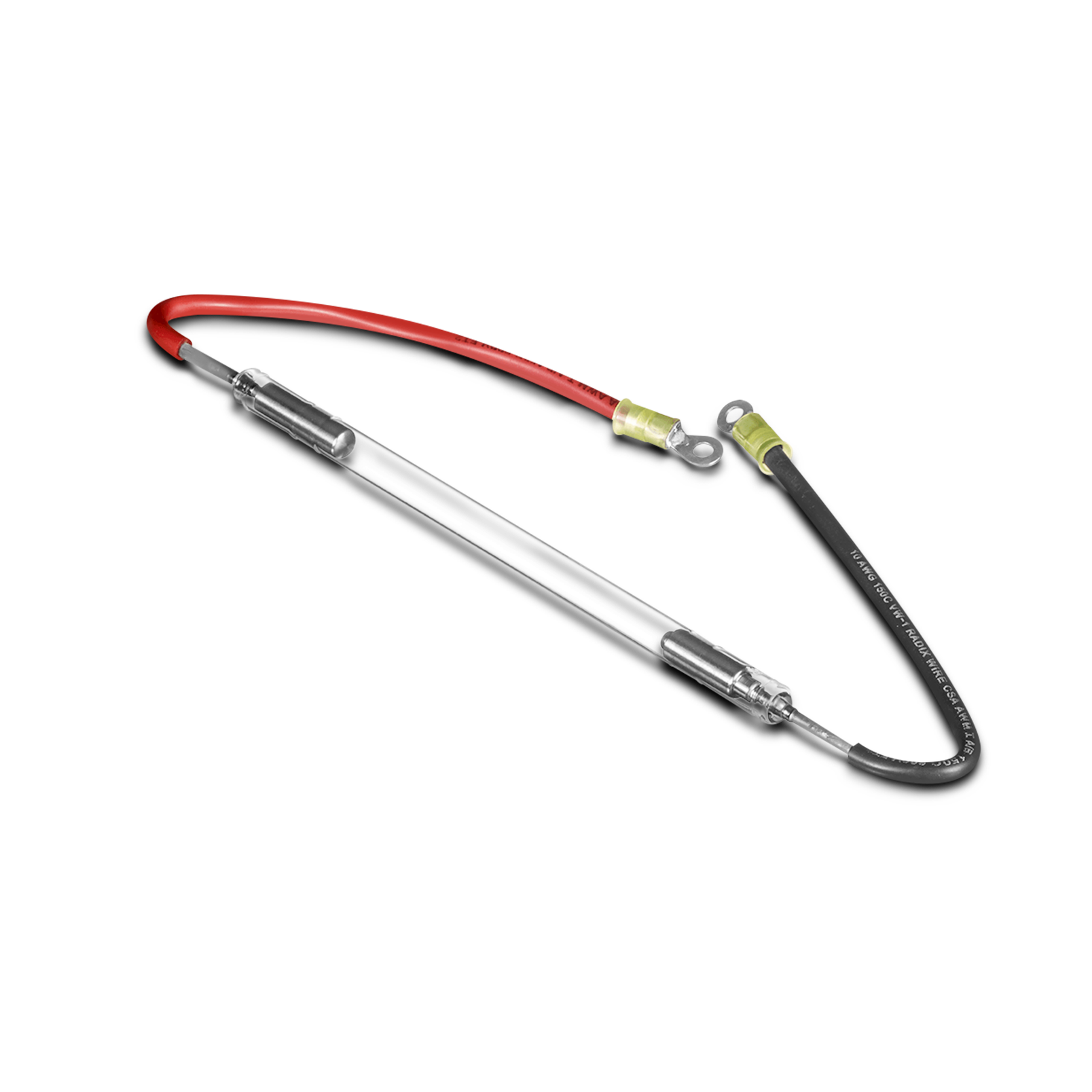Contents

Source: Amazon.de · Auf Lager
Understanding Flash Lamps in Photonics
Overview
Flash lamps are gas discharge lamps used to generate intense light pulses, unlike arc lamps designed for continuous operation. They are commonly used in various applications due to their ability to produce high-intensity light pulses.
Construction and Operation
Flash lamps consist of noble gases like xenon, krypton, or argon enclosed in a glass envelope with metal electrodes. The electrodes are designed to handle high peak currents and ensure a smooth current distribution to prevent sputtering. The lamp’s operation parameters include energy per flash, anode voltage, maximum flash rate, and pulse duration.
Power Supplies and Triggering
Specialized power supplies are required to provide controlled electrical pulses to flash lamps. External triggering methods involve using additional electrodes for ignition, while series triggering utilizes a trigger transformer to start the discharge. Simmer operation maintains a small current between flashes for reliability and longevity.
Lamp Lifetime and Maintenance
The lifetime of a flash lamp is influenced by factors such as electrode degradation, material ablation, and sputtering. Proper cooling, ranging from convective air cooling to deionized water cooling, is essential for maintaining lamp efficiency and longevity. Lamp lifetime can be extended through simmer operation and careful control of electrical input energy.
Applications
Flash lamps find applications in high-speed imaging, dermatology treatments, spectroscopy, and pumping solid-state lasers. They are crucial in stroboscopes, medical procedures, and scientific research requiring intense light pulses.
Conclusion
Flash lamps play a vital role in photonics applications where intense light pulses are required. Understanding their construction, operation, and maintenance is key to maximizing their efficiency and lifespan across various industries.

Source: Laser Components
Feel free to comment your thoughts.



